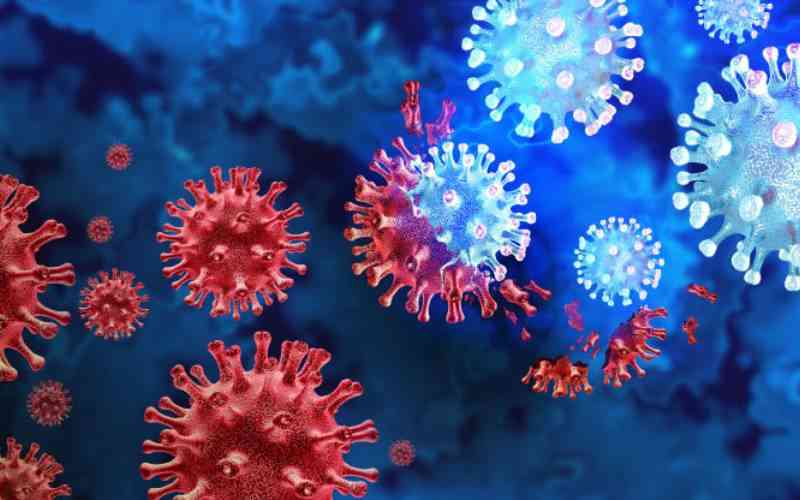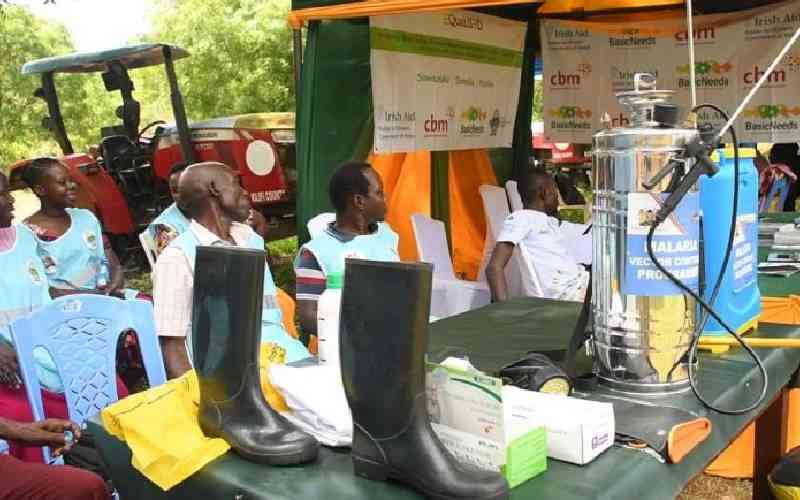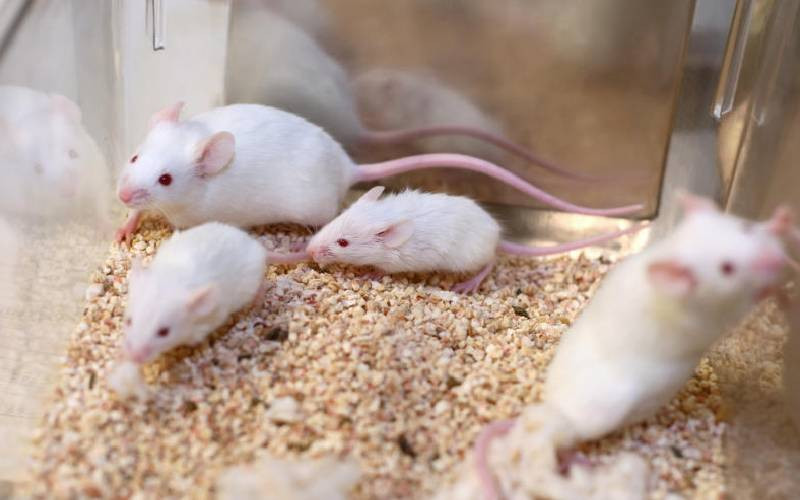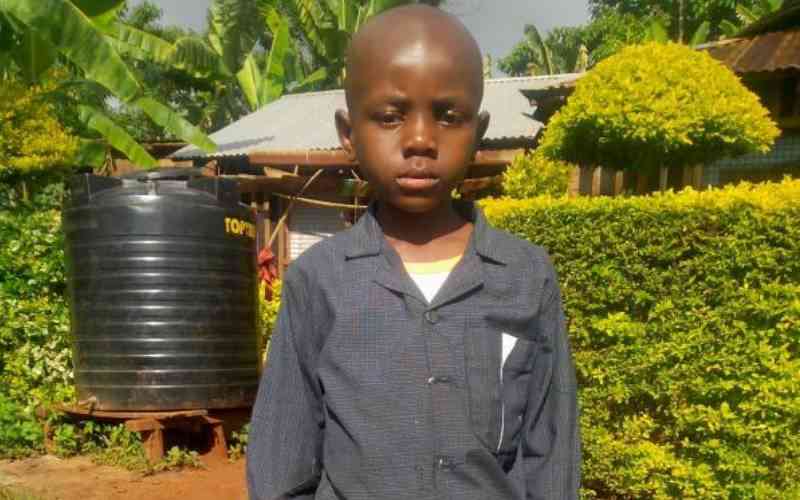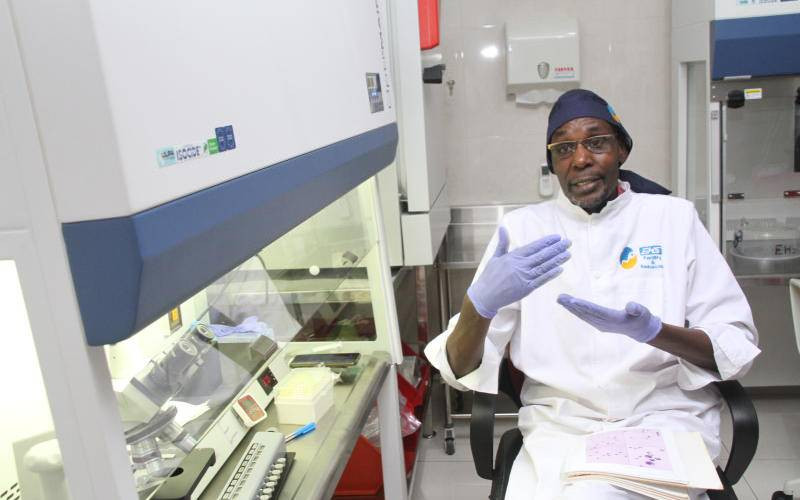
When he took to the podium to address the over 6,000 delegates attending the inaugural National Cancer Summit, on behalf of the Council of Governors (CoG), Tharaka Nithi Governor Muthomi Njuki became emotional.
He took a few seconds to compose himself and told the attendees that his father and mother died of cancer.
Njuki said that when was he was 19 years old, his father, then a clinical officer, developed a pimple on his neck but went on with life not knowing death was beckoning.
Facts First
Unlock bold, fearless reporting, exclusive stories, investigations, and in-depth analysis with The Standard INSiDER subscription.
Already have an account? Login
 The Standard Group Plc is a multi-media organization with investments in media
platforms spanning newspaper print
operations, television, radio broadcasting, digital and online services. The
Standard Group is recognized as a
leading multi-media house in Kenya with a key influence in matters of national
and international interest.
The Standard Group Plc is a multi-media organization with investments in media
platforms spanning newspaper print
operations, television, radio broadcasting, digital and online services. The
Standard Group is recognized as a
leading multi-media house in Kenya with a key influence in matters of national
and international interest.

